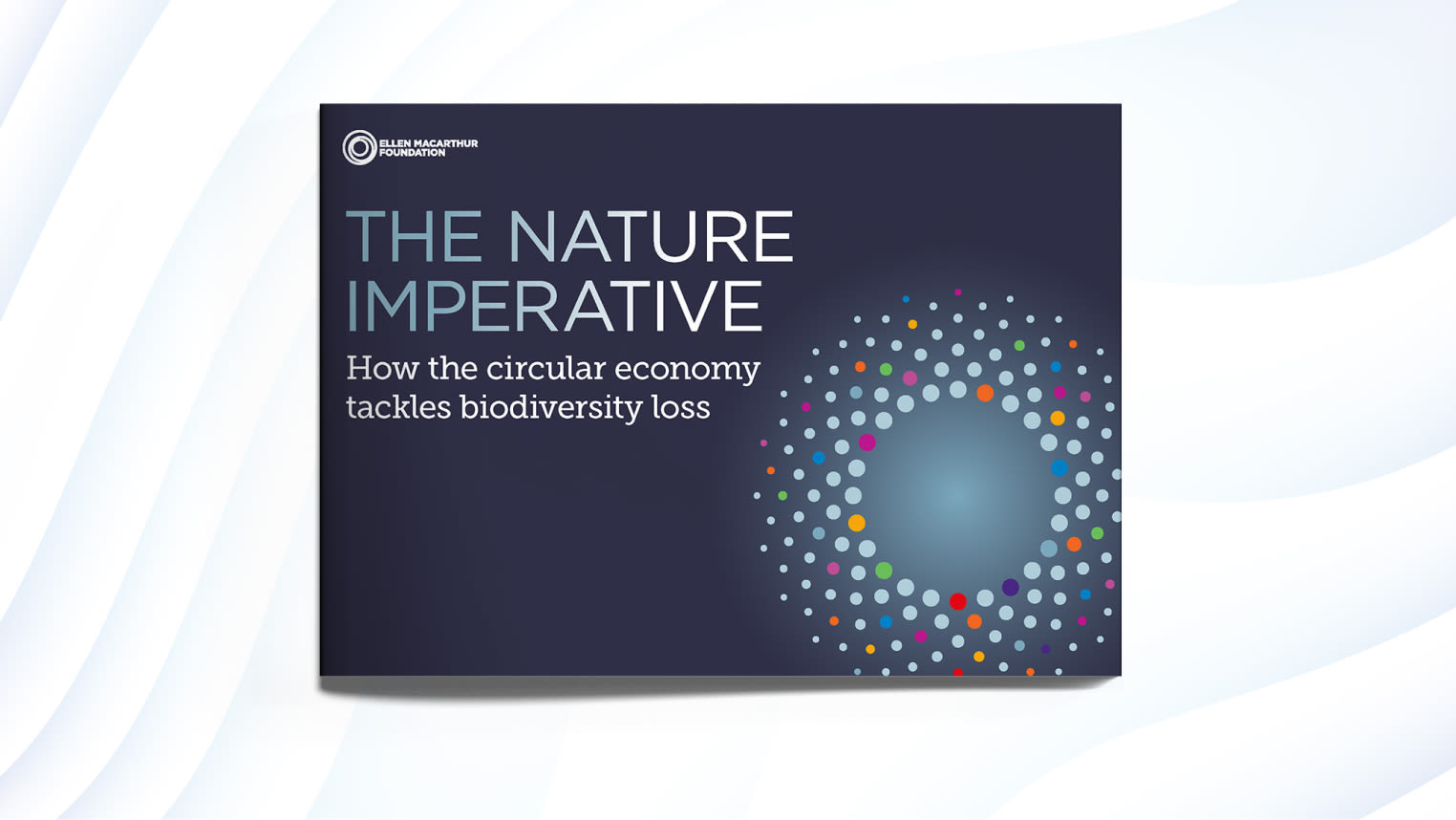
DS Smith is an international packaging company and integrated recycling services provider. It operates in 17 countries to manage over 5 million tonnes of recyclable materials each year and ensure they are kept in the system. The company supports innovation in its business model to include circular design projects for packaging and improve collection systems in urban areas. Its sustainability strategy sets several commitments, including scaling their circular economy efforts to tackle the biodiversity crisis. For example, a key on-going action to reduce the firm’s pressures on biodiversity is favouring recycling over virgin fibres, in order to minimise extraction of new materials and leave more room for conservation efforts. DS Smith is also starting to explore ways to measure and improve biodiversity in the 14,000 hectares of forest it owns in North America, Portugal and Spain by 2025.
Biodiversity benefits
By using only recycled fibres wherever possible and actively working to rebuild biodiversity in their forestry holdings, the firm is moving closer to eliminating waste and pollution and regenerating nature. Moreover, other circular strategies and innovations can tackle other drivers of biodiversity loss like climate change and pollution. For instance, rethinking the design of ECOWipes’ packaging allowed for a reduction in the amount of material needed, consequently reducing carbon emissions by 10% per packaging item.
This page is part of a deep dive into biodiversity across other sectors, where we delve deeper into examples of companies adopting circular economycircular economyA systems solution framework that tackles global challenges like climate change, biodiversity loss, waste, and pollution. It is based on three principles, driven by design: eliminate waste and pollution, circulate products and materials (at their highest value), and regenerate nature. principles with positive impacts on biodiversity.







